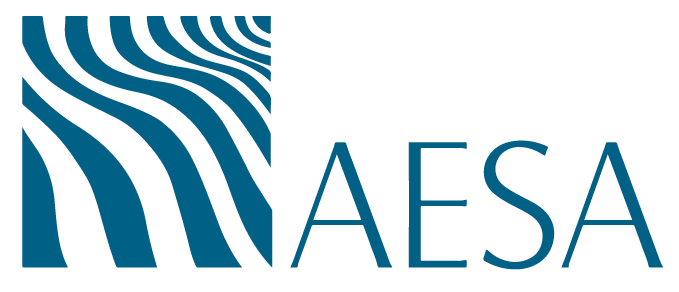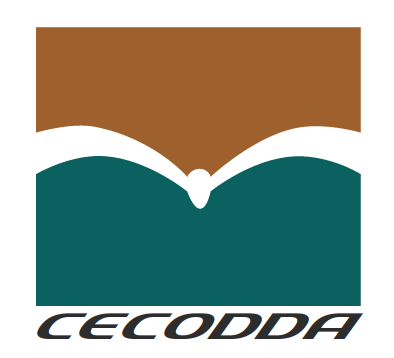Historic
The Trade.Com Facility
The Trade.Com facility was an all ACP €54.5 million programme of which the EC’s share was €50 million. It was designed to help RECs and ACP member States to develop their own strategies and capacities in trade policy and to negotiate bilateral, regional and international agreements effectively. The period of execution of the FA was August 2003 to December 2010. The facility was implemented by a PMU in collaboration with the Commonwealth Secretariat (Comsec) and L’Organisation Internationale de la Francophonies (OIF). The facility had four components (C1-4):
- C1- implemented by the PMU - aimed at reinforcing local analytical and research capacities for trade policy formulation with systematic participation of all stakeholders in the process;
- C2 - implemented by Comsec and OIF - provided assistance for ongoing negotiations via the recruitment of trade experts (Hub and Spokes) and the training of ACP negotiations;
- C3 - implemented by the PMU - provided catalytic pilot activities for institutional reinforcement in trade support services, especially on SPS issues, etc.
- C4 - covered the role of the PMU in coordinating dissemination of information generated under components 1, 2 and 3.
The Facility’s Expected Results (ERs) and related sub-results were as follows:
| Expected Results | Expected Sub-Results |
| Analytical and institutional capacity for trade policy formulation enhanced |
|
| Effective participation in international trade negotiations increased |
|
| Institutional capacity for implementation of international agreements reinforced |
|
| Institutional capacity for implementation of international agreements reinforced |
|
TradeCom I interventions to stakeholders and beneficiaries did make a significant contribution to reinforcing the capacity of ACP countries and RECs to:
- strengthen analysis and trade policy-related research;
- increase the capacity of ACP States and RECs to effectively engage in trade negotiations and upgrade the skills of ACP negotiators through varied training programmes; and
- advance/address institutional and enabling environment issues at national level e.g. intellectual property rights, product standards, SPS issues, service sector trade issues, etc.
ACP MTS Programme
The €16.0 million ACP MTS Programme began operations in March 2009 and ceased operations in March 2014. It was a successor to the all-ACP capacity-building programme for the WTO that ran from 2002 to 2006. Unlike its predecessor, the ACP MTS Programme had two components: the Multilateral Trading System component and the Enhanced Integrated Framework (EIF) component. The main purposes of the Programme were:
- To assist ACP countries in reforming and adjusting to the multilateral trading system;
- To improve their capacity to negotiate and implement multilateral trade agreements;
- To integrate trade into the development process of the ACP countries; and
- To facilitate accession of ACP member countries to the WTO.
| Expected results of the MTS programme | |
Enhanced Capacity to negotiate
|
Compliance
|
Accession
|
WTO Legal framework
|
Visibility
|
EIF
|
During its near five-year duration, the ACP MTS Programme provided assistance at the national, regional and all-ACP levels in a manner consistent with the mandate delineated in the Programme’s Terms of Reference. It supported 90 activities that spread across the ACP regions, with the majority designed for, and implemented at, the all-ACP and regional levels.
| Table 1.12: Project implemented | |
| SECTORS | NUMBER OF PROJECTS |
| Negotiations | 49 |
| Compliance | 25 |
| Legal framework | 2 |
| Accession | 12 |
| Visibility | 2 |
| Total | 90 |




